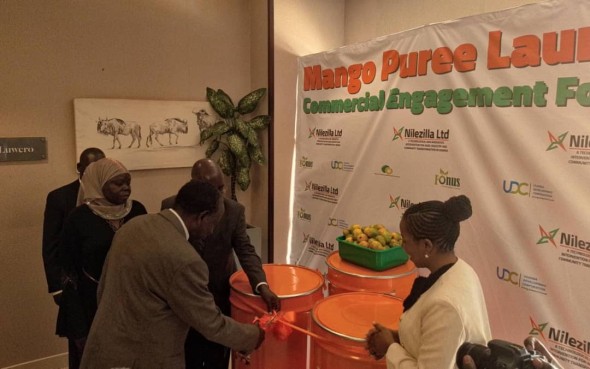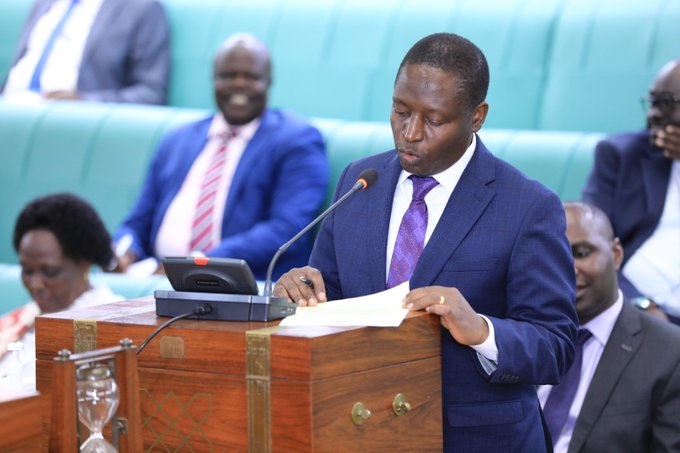
By Kajjubi Fred
SEATIN has urged EALA to enact policies safeguarding indigenous seeds from extinction, threatened by industrial seeds. Addressing the EALA Agriculture, Tourism and Natural Resources Committee, they emphasized GMOs’ inability to withstand climate change, advocating for government support in developing resilient indigenous seeds.
Members of civil society organizations, led by the Southern and Eastern Africa Trade and Negotiations Institute (SEATIN), appeared before the East African Legislative Assembly’s (EALA) Agriculture, Tourism, and Natural Resources committee on Monday. They urged the committee to take immediate action to safeguard indigenous seeds, which are facing extinction due to the proliferation of industrial seeds.
Studies presented to the committee by Abaasi Kafeero of SEATIN revealed that indigenous seeds are more resilient to climate change compared to genetically modified organisms (GMOs). Investing in native seeds would not only benefit farmers but also meet scientific standards. However, new innovations are threatening traditional farming methods, putting native seeds at risk of extinction.
The representatives expressed concern that the emphasis on industrial seeds is undermining the existing methods used by farmers to prepare seeds for planting. This has raised fears that native seeds may become extinct in the near future. They called on the East African Community governments to reconsider their seed policies, prioritizing indigenous seeds.
In response, EALA representatives emphasized the need for scientists to address the challenges that led to the adoption of synthetic seeds, which are reportedly more productive. By addressing these challenges, governments can create an enabling environment for indigenous seeds to thrive, ensuring food security and biodiversity in the region.




